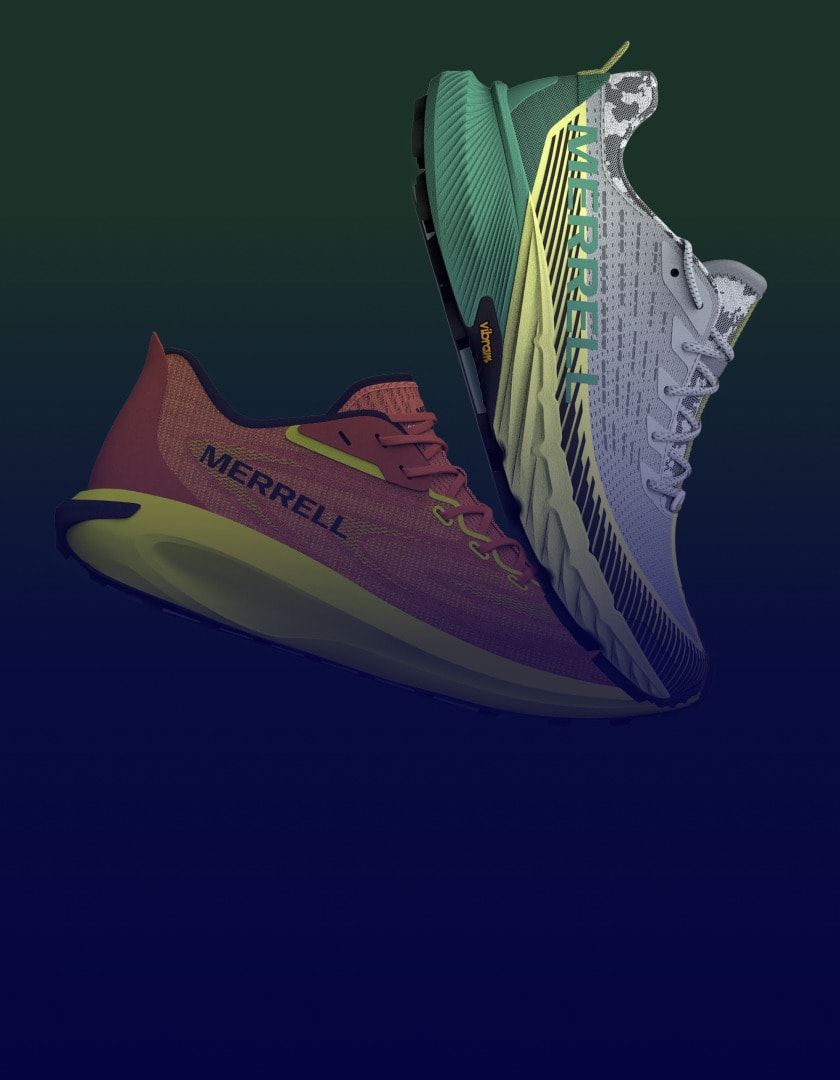Mud Pie Meets Growth Challenges with Centric Software: 3 Key Takeaways

Katherine Bennie, Senior Home Merchandiser at Mud Pie, reveals how the award-winning gifts and apparel company is using Centric PLM to meet the challenges that come with growth, from cutting time-consuming data entry tasks to giving creative teams the resources they need to keep up with a growing Stock Keeping Unit (SKU) .
Mud Pie began life as a ceramic gifts company when CEO Marcia Miller founded the business in 1988 and has expanded greatly over the years. We now have three divisions – home, baby and fashion – that are all growing fast.
With over 6,600 active SKUs across 160 product types and a very low carryover rate so that we can keep offering our customers fresh products, getting large numbers of new products to market each season is our biggest challenge. However, since implementing Centric PLM™ (Product Lifecycle Management) in 2017, we’ve been able to tackle the issues that come with growth.
How does Centric help?
1. Saving time across all divisions
Creating new products used to be laborious. For example, designers were using filesharing websites and emails to communicate with suppliers. Because we didn’t have a materials library, there were a lot of queries about which materials and finishes we wanted, which slowed down the process.
After samples had been evaluated, final product information from suppliers would be manually entered into a database by merchandisers. A huge amount of time was spent copying and pasting data, and errors resulted in delays. This database was extremely slow and crashed regularly, so we wasted time waiting for it to come back online. It could not be used with wifi, so meetings were extremely time-consuming – inevitably, people would have to run back to their desks to check or print something.
With one up-to-date source of the truth for product data in Centric PLM, we save an enormous amount of time. Our three main suppliers are connected with the system, making communication instant. As soon as designers finalize a Bill Of Materials (BOM), it triggers suppliers to start development, and the materials library keeps everyone on the same page. Designers can instantly create new items or reuse previous seasons’ style information to build new collections faster in the system, which has saved countless hours for our merchandising team. The ability to provide answers instantly has changed our meetings – we’re able to get through more decisions and more samples in less time than ever before.

2. Transforming research trips
Before PLM, inefficiency was seriously hindering our growth. We needed more time for market research and product development to make sure we were offering the best possible products to customers at the right price points, but this was difficult to achieve. Every department had strict deadlines because of shipping and catalog printing times, and adding new products involved research trips that put these timelines under pressure.
On overseas trips for inspiration and factory meetings, we would visit numerous factories every day and take copious notes and photos. These would have to be compiled and sent to suppliers after meetings. Often, because the trips were so packed, this didn’t happen until after the trip had ended, adding an extra couple of weeks to every product’s timeline.
Now, using Centric’s Product Notes mobile app, the team takes photos and writes notes during factory visits and directly uploads them to the system, where our other teams and our suppliers can access them instantly. Suppliers can start working on projects while we’re on the plane back home. This has saved a week’s time for each of the products created during those trips and transformed the way we make decisions and move forward with our suppliers on new products.
3. Supporting creativity
We ultimately decided Centric was the system for us because of the ability to seamlessly connect with Adobe Illustrator®. This seems like a very small detail, but to the creative minds at Mud Pie, it was huge. The system wasn’t going to work if our designers didn’t want to use it, so letting them work in the program they’re most comfortable with helped the transition tremendously.
Our designers adapted their processes quickly and then eased into the system. The transition was as seamless as possible, and we have now reduced the amount of time it takes to complete a design. Our creative teams have been able to keep up with the growth of the SKU count while simultaneously learning a new system. The technical design team loves Centric’s Fit Review mobile app because they can evaluate samples on the spot using an iPad at the measuring table rather than writing notes and manually entering the information back at their desks.
Centric PLM has enabled us to hone every step of the product lifecycle and free up more time for all of our team members. That time is now spent on activities to help promote growth, such as analysis and product research, and we’re able to grow our SKU count without increasing our overhead costs. The price of time is invaluable, and your teams must be able to work efficiently to keep up and support a company’s growth. In meetings, people still ask, ‘How did we ever do this without PLM?’








